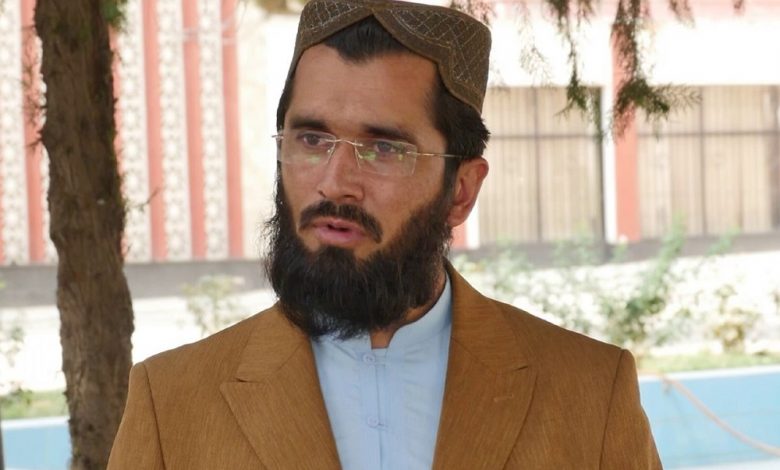RASC News Agency: In a recent proclamation, the former spokesperson for the Taliban Interior Minister, Sirajuddin Haqqani, unequivocally branded the media as our “enemy,” boldly asserting the commencement of a “media war” against the government of this group. Saeed Khosti delved into this contentious matter during a speech at a conference, releasing a segment of his discourse on his social media platform on December 22nd. Within this segment, he emphasized that the media consistently perpetuates the narrative that the Taliban deprive girls of education, characterizing their government as non-inclusive and participating in oppressive practices.
It is imperative to note that the former Taliban spokesperson explicitly refrained from endorsing a direct conflict with the media. However, he appended that the media, characterized as the “enemy,” habitually engages in communication with the populace, perpetuating a narrative that fosters addiction. In a preceding instance, the head of the Taliban Media Center asserted in a public address that the media lacks the right to portray a negative image of the Taliban to the global audience. This development unfolds against the backdrop of the former Taliban spokesperson’s earlier pronouncement, wherein he, through a social media message, issued threats to adversaries of the group situated beyond the nation’s borders, advocating for the elimination of “fugitives” and those who preach against the Taliban.
According to corroborative reports, subsequent to their assumption of power, the Taliban has implemented far-reaching restrictions, severely constraining the activities of journalists and media entities. This restrictive environment has resulted in the closure of numerous media outlets and the vanishing or forced exile of several journalists. It is noteworthy to emphasize that, according to these reports, the Taliban has, in certain instances, arbitrarily detained journalists, subjecting them to imprisonment on a spectrum of charges.






